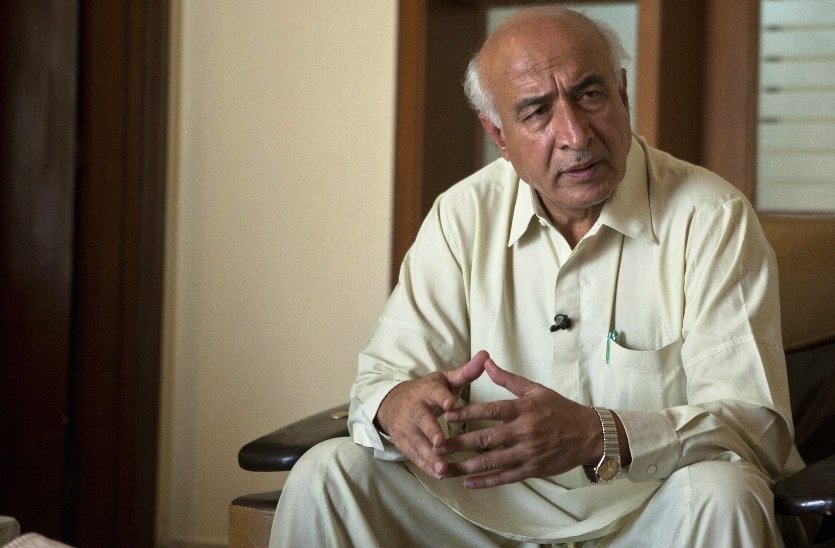
Balochistan Chief Minister Dr Abdul Malik Baloch has called upon international organisations to help the government to improve education standards in the province. Speaking with Australia’s High Commissioner to Pakistan Paul Molloy Oam on Tuesday, the CM said the provincial government is focusing on raising standards by opening cadet colleges, residential and technical colleges in the province.
“Cooperation is needed to provide educational facilities to thousands of children in the province,” the CM said, adding that the prevalent negative view about law and order in the province is not accurate. Speaking on the occasion, Australia’s High Commissioner told the CM that Australia is interested in investing in mines and minerals in the province.
Published in The Express Tribune, June 18th, 2014.
COMMENTS (4)
Comments are moderated and generally will be posted if they are on-topic and not abusive.
For more information, please see our Comments FAQ

















@Asad Khan: Your claim that Westerners care "only" for their self-interest is laughable, considering the developmental aid that the West has been giving Pakistan and other developing countries since the 1940s. In any case, can you name anything positive that Pakistan has given the West?
We are not against West but all the Westerners are care for their self interest Only. The Honorable High Commissioner should know full well that who Australian Company in the past tried "hostile tactics" to secure a mining lease.
Be vigilant Mr. CM, let first your Provincial Copper Project come online then & only then you allowed the one who gives the best bid for Balochistan.
regards,
First improve the existing facilities which are at the verge of collapse, there are very basic issues to be looked at, and you don't need additional resources for i.e. You have teachers, enhance their capacity and ensure their regularity through a robust monitoring mechanism, improve basic facilities, ensure the supplies reach children, exams are conducted on time etc.. Issue is of the government incapability, not lack of resources primarily